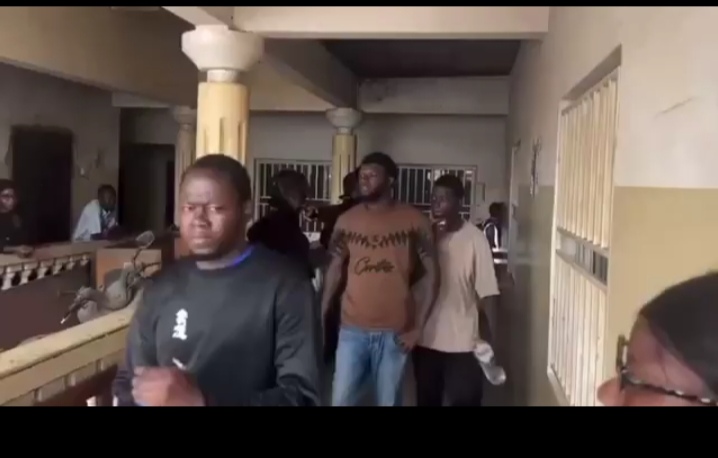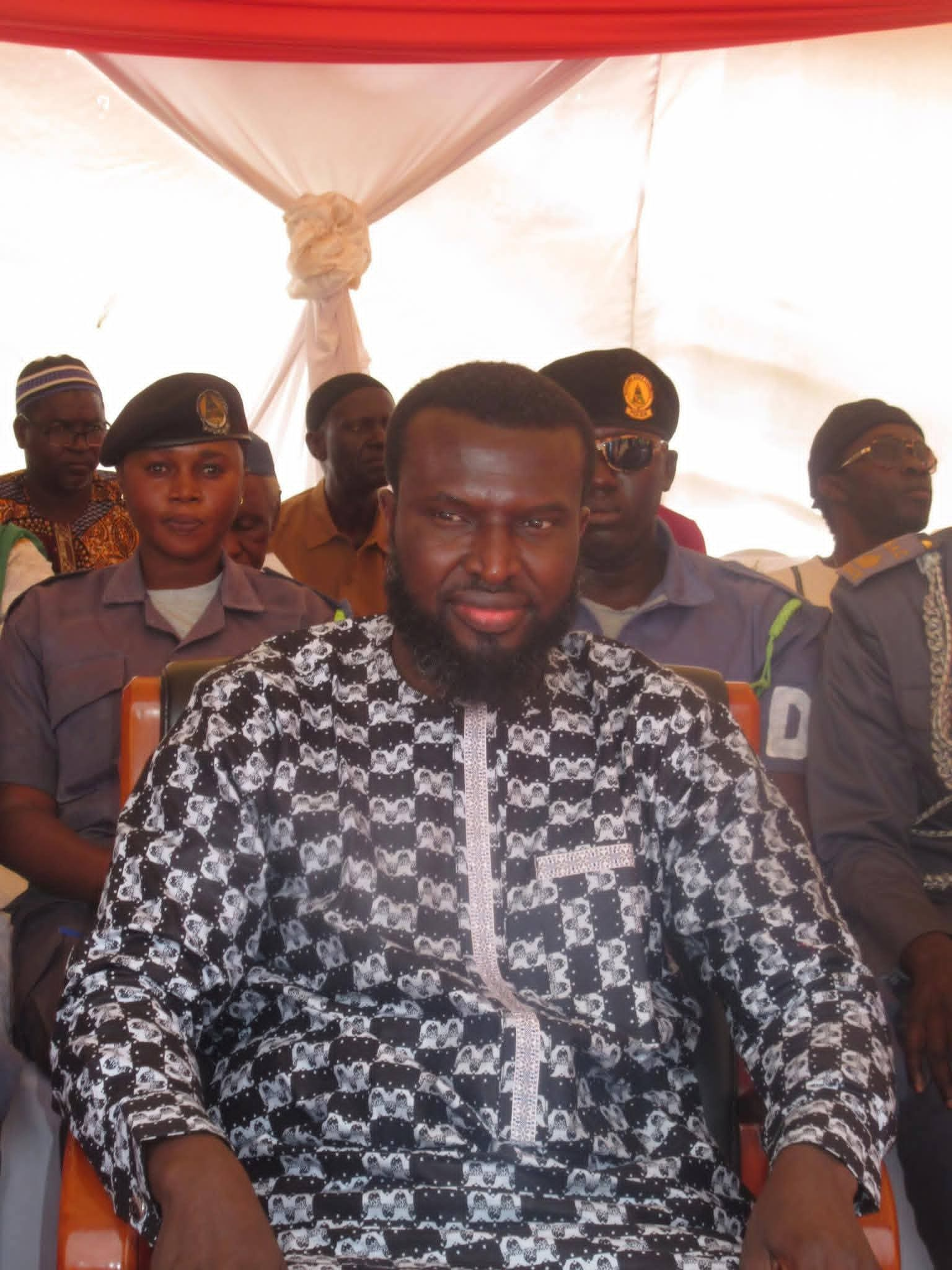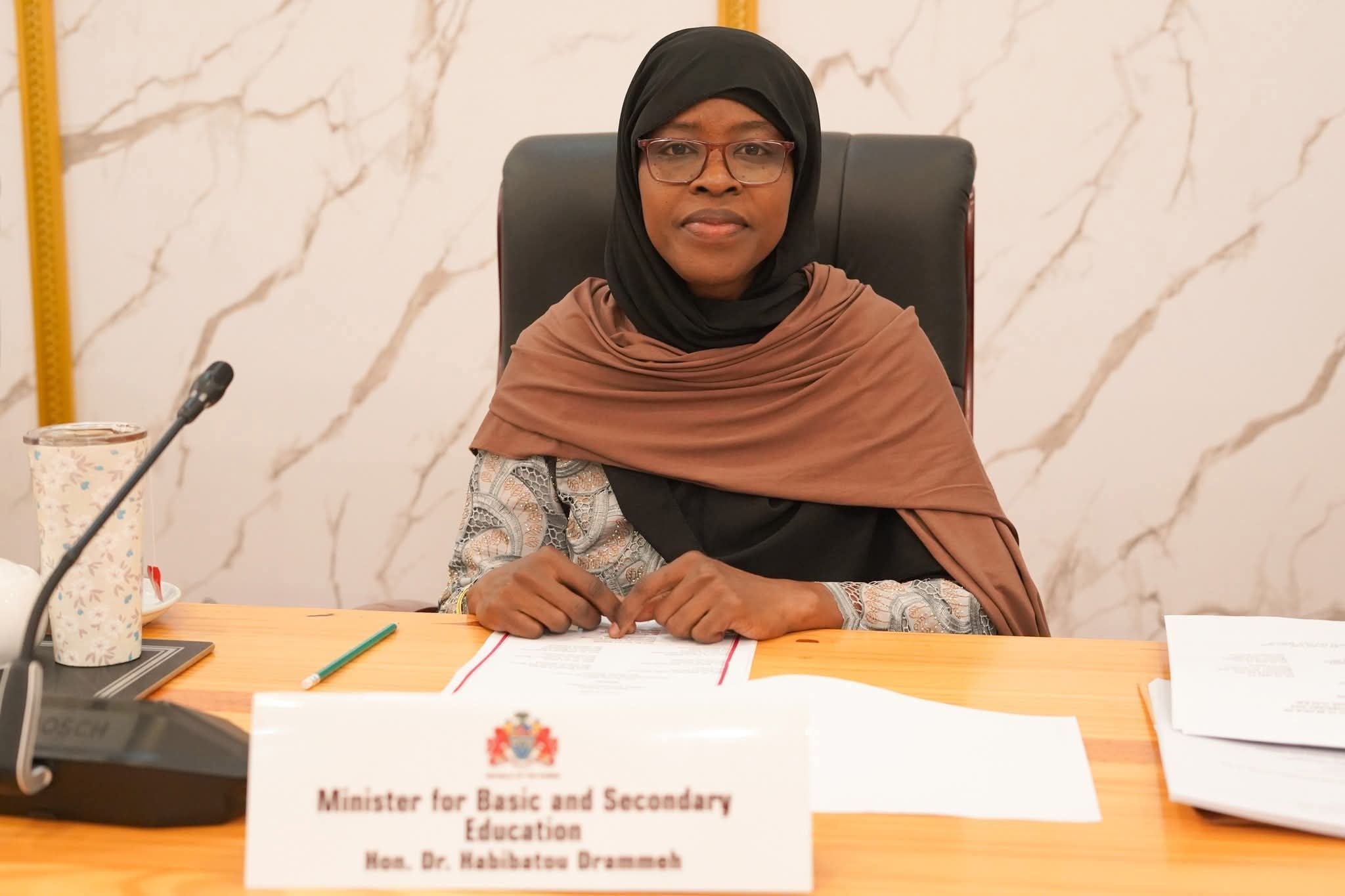Photo credit: Kerr Fatou
By Sadia
Sixteen young activists linked to Gambians Against Looted Assets (GALA) and Team Gom Sa Bopa have been remanded at Mile II Prison following their arraignment at the Kanifing Magistrates’ Court on Monday, deepening tensions between youth movements and state authorities.
The group, arrested during last Friday’s demonstration near the Public Utilities Regulatory Authority (PURA), faces charges of unlawful assembly under the Public Order Act. All 16 pleaded not guilty when brought before the court. They are scheduled to reappear on 4 September 2025 at 12:30 p.m.
The arrests have since sparked confrontations between protesters and security forces. Shortly after the ruling, riot police used tear gas to disperse demonstrators gathered outside the courthouse.
Protesters responded by hurling stones and barricading parts of Kairaba Avenue, causing a temporary disruption to traffic and business activity in the area.
While prosecutors argue the accused staged an illegal procession without a permit, supporters insist the gathering was a peaceful demonstration against corruption.
The discrepancy has fueled wider criticism of the state’s reliance on the Public Order Act to regulate public dissent.Civil society leaders, meanwhile, have vowed to challenge the arrests in higher courts.
GALA’s Program and Administration Director, Gallas Ceesay, said the case represents more than a legal battle.
“We should stand trial not as criminals, but as defenders of the people. This struggle will not end in the courtroom. It continues in the streets and in the voices of the youth,” Ceesay said.
Observers note that the standoff could mark a new chapter in the long-running debate over civic space in The Gambia. With the High Court set to reopen in mid-September, activists are preparing to mount a legal challenge, while state security forces continue to maintain a heavy presence at public gatherings.
The case has underscored rising frustrations among Gambian youth, many of whom view corruption and restrictive laws as obstacles to democratic participation.
For now, the 16 remain behind bars, as the country awaits what could become a defining confrontation between youth-led activism and state authority.






